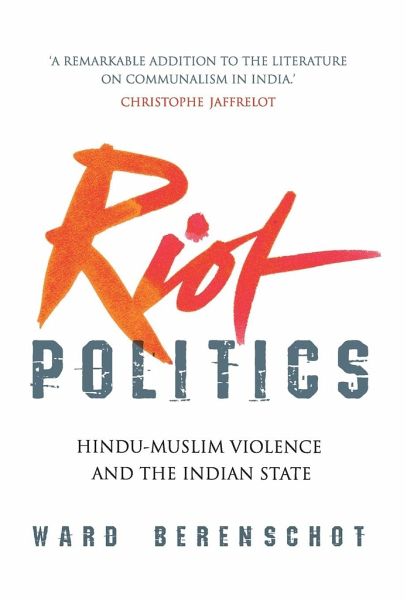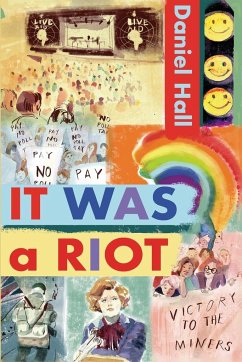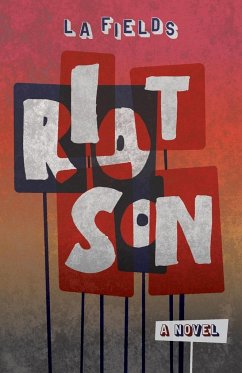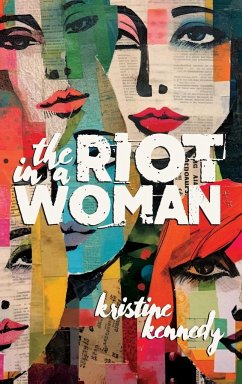
Riot Politics
Hindu - Muslim Violence and the Indian State
Versandkostenfrei!
Versandfertig in über 4 Wochen
30,99 €
inkl. MwSt.

PAYBACK Punkte
15 °P sammeln!
On 27 February 2002, fifty-eight people died when a coach of the Sabarmati Express was set on fire just outside a small town railway station in Gujarat. The incident sparked the Gujarat riots, one of the worst outbursts of Hindu-Muslim violence in recent history. Based on an extensive ethnographic study of Gujarat's local politics, Riot Politics offers a novel approach to understanding the processes that foster outbursts of communal violence in India. Berenschot argues that the difficulties faced by poorer citizens when dealing with state institutions underlie the capacity and interests of pol...
On 27 February 2002, fifty-eight people died when a coach of the Sabarmati Express was set on fire just outside a small town railway station in Gujarat. The incident sparked the Gujarat riots, one of the worst outbursts of Hindu-Muslim violence in recent history. Based on an extensive ethnographic study of Gujarat's local politics, Riot Politics offers a novel approach to understanding the processes that foster outbursts of communal violence in India. Berenschot argues that the difficulties faced by poorer citizens when dealing with state institutions underlie the capacity and interests of political actors to instigate and organise communal violence. As the reader is led into the often shadowy world of local politics in Gujarat, the author reveals how the capacity and willingness of various types of rioters ranging from politicians, local criminals, fundamentalist groups, to neighbourhood leaders and police officials to organise and perpetrate violence is closely related to the different political positions these actors hold.












